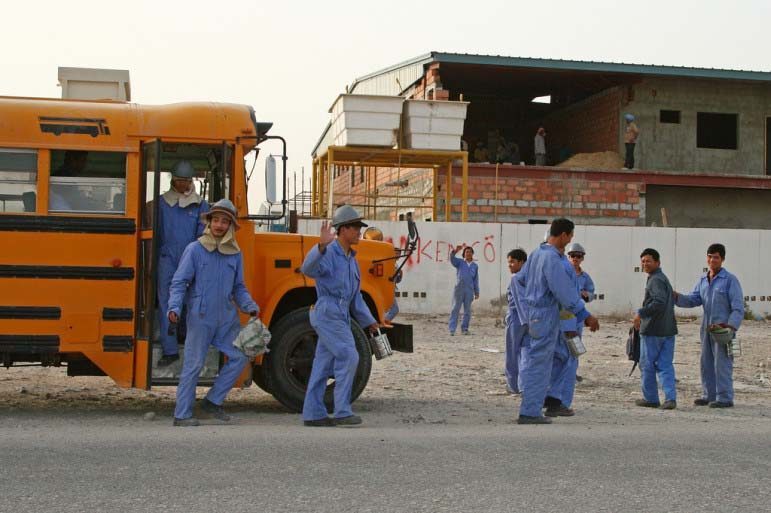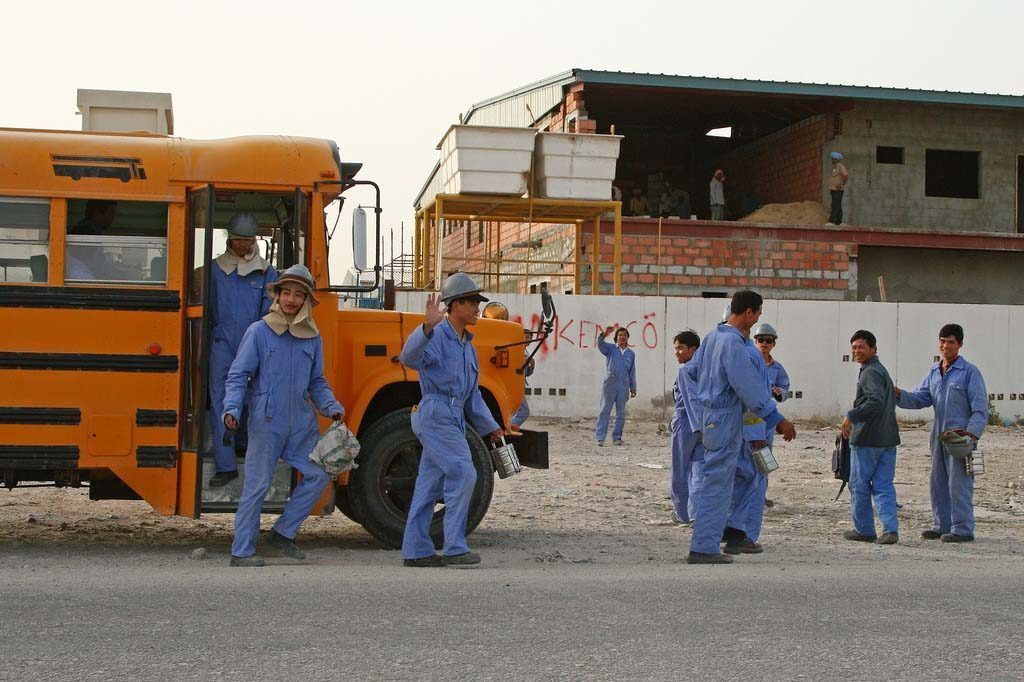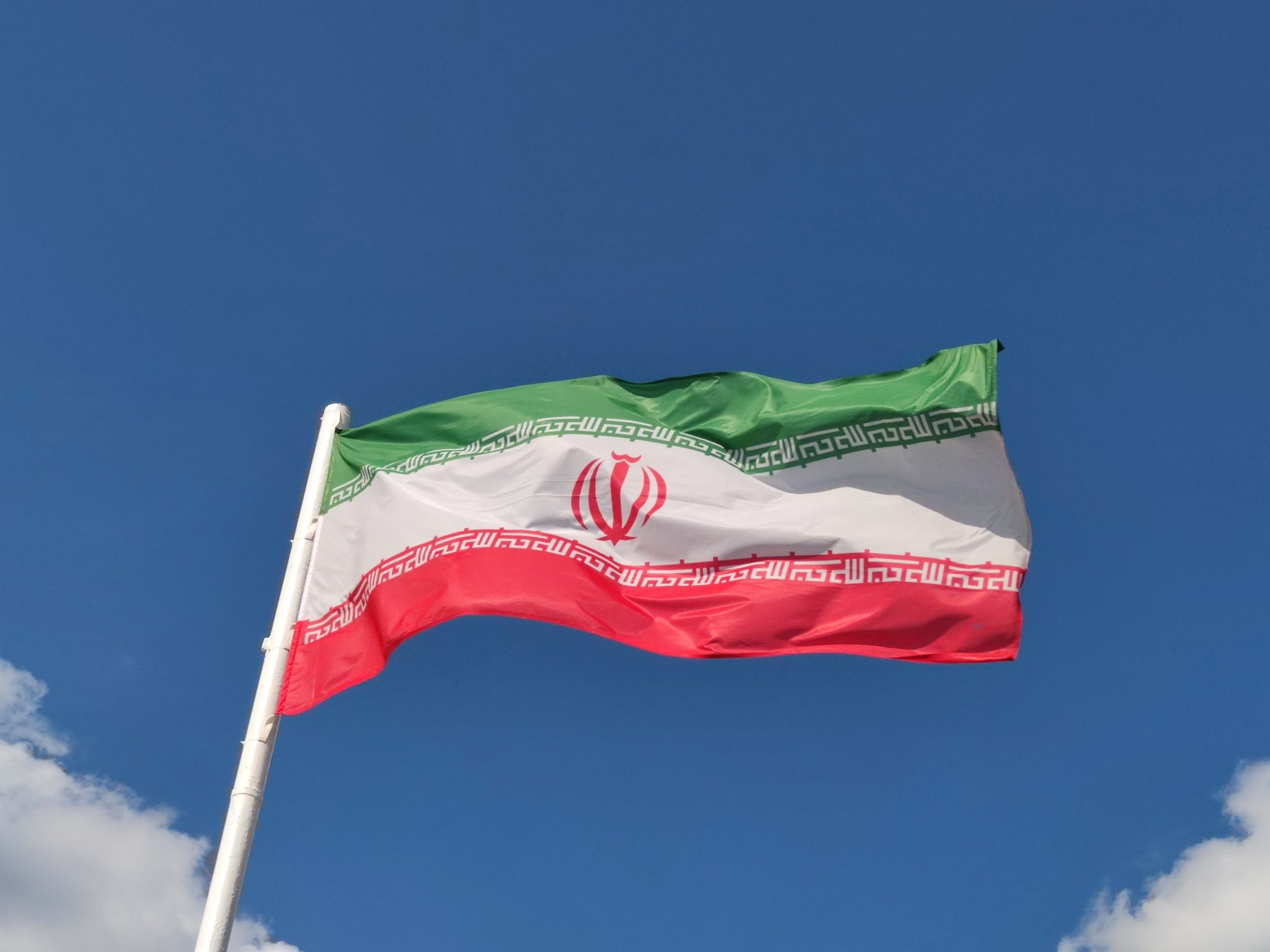
The International Labour Organization (ILO) wants more time to decide whether Qatar should be sanctioned over allegations of “forced labor,” senior members have said.
Thus, officials have recommended that further debate about the ILO’s investigation into the Gulf country be deferred until after the scheduled changes to Qatar’s kafala sponsorship system take effect.
The decision to wait another year comes after the ILO released a preliminary report that was optimistic about but skeptical of upcoming reforms and is scheduled to be presented during a meeting this afternoon in Switzerland.
In the report, the ILO said it “acknowledges that the Government of Qatar has taken a number of concrete measures and that at the same time many challenges remain.”

Members of the ILO’s general assembly had been set to debate today whether to subject Qatar to a commission of inquiry, the ILO’s highest investigative mechanism.
Today’s scheduled meeting follows a visit by an ILO delegation to Qatar this month to investigate allegations that the country’s sponsorship system facilitates “forced labor” by making it difficult for expats to leave abusive employers.
Under the kafala system, foreigners require their sponsor’s permission to change jobs and leave the country. Changes, first proposed in 2014, were billed as easing those restrictions.
The delegation, which included the chairperson and vice-chairpersons of the ILO’s governing body, said they received mixed messages about the changes to Qatar’s sponsorship law that are scheduled to come into force this December.
Government officials told the delegation that the new law would remove all restrictions on the freedom of expats’ movement in Qatar and that people would no longer be forced to continue working for an abusive employer.
But the ILO had a different assessment:
“(The new sponsorship law) still places restrictions on the possibility of workers to leave the country or to change employers and would prevent workers who might be victims of abusive practices from freeing themselves from these situations,” delegates wrote.
The delegation also reported that the living conditions of low-income expats varied widely.
Some, such as those working on high-profile projects such as the Doha Metro, lived in clean and modern facilities, the delegation found. However, others employed by manpower firms and smaller subcontractors were housed in overcrowded and unhygienic labor camps.

Several expats in the latter group of migrants said there were problems with their wages – including nonpayment, late payment and a reduction of an agreed salary – and had not heard about Qatar’s wage protection system, which is supposed to address such issues.
In addition to recommending a deferral, the ILO delegation is proposing that Qatar be asked to respond to its assessment before its November session.
Thoughts?







